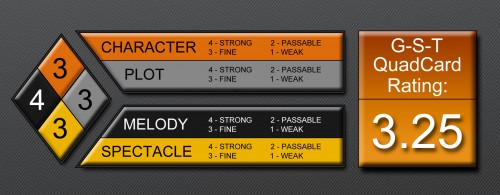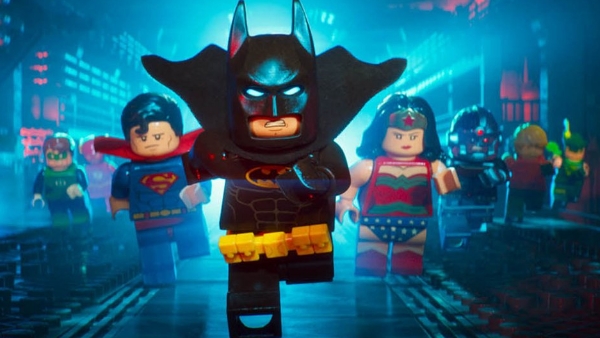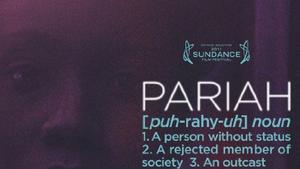
Pariah is the feature length adaptation of Dee Rees’ semi-autobiographical short of the same name. A bold and honest film that wears its heart on its sleeve, Pariah makes no pretense and only asks the viewer to accept it as openly as the story is being told. The first time writer/director shares some of her own experiences with a fair amount of fiction and the result proves to be one of the most genuine and inspiring films of 2011.
17 is a difficult time for kids on the cusp of adulthood but for Alike, who is leading two different lives, it is twice as hard to say the least. Trying to down play her book smarts and obvious writing talents, 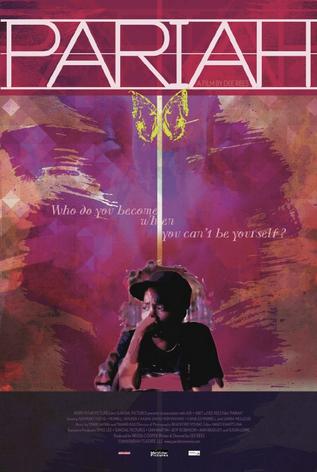 her ambitions are heavily guarded but, even more so, is her sexuality as she attempts to fit in and pass into the shadows to do so. Without a role model or true confidante beyond her thuggish best friend she already feels like an outsider. Alike is trying to find herself and with few people to turn to, learns many of life’s hard lessons and grows up feeling ostracized from her friends and family.
her ambitions are heavily guarded but, even more so, is her sexuality as she attempts to fit in and pass into the shadows to do so. Without a role model or true confidante beyond her thuggish best friend she already feels like an outsider. Alike is trying to find herself and with few people to turn to, learns many of life’s hard lessons and grows up feeling ostracized from her friends and family.
Playing the lead of Alike is up and comer Adepero Oduye. She is fantastic in the role and brings abundant realism in a way that makes the film feel entirely observational. She lets you in on her life which is one she shares with very few people almost to the point of keeping it hidden from herself. Alike is struggling with her identity and the fact that she is a lesbian. She has a vulnerability in her performance that, combined with directionless ignorance present in all teenagers, pulls you into the story. But Alike is not dumb, she’s a gifted writer who is purposely holding herself back from developing to her potential. You begin to no only empathize with her but find yourself rooting for her to break free of her rouse and find the confidence to be herself.
At first Alike has a seemingly normal family but Pariah shows that there’s a fine line between who we are and who we portray ourselves to be. Suffice to say Pariah reminds us that, like many characters in the film and so true to life, we sometimes live a lie in the pursuit of a normal appearance. Charles Parnell plays the likable father figure and while he comes across as distant probably cares the most for Alike. He’s a humorously stern but fair father figure however he avoids confrontation at the cost of becoming exposed for the secretive life he himself leads. Concerning his daughters, specifically Alike, ignorance is bliss. The rift in Alike’s family is played out very well balancing the father’s insecurities with Alike’s hesitation/reservations about being honest. It’s like they’re both living lies and he dances on eggshells for fear of hearing what he doesn’t want to accept of have his own secrets come forward.
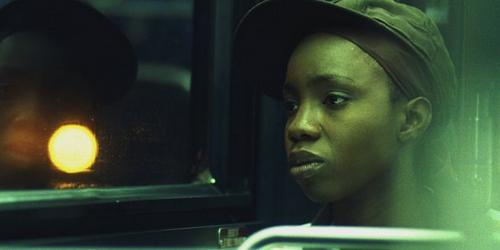
While Alike and her father have an unhealthy “don’t ask, don’t tell” relationship it’s still preferable to how she deals with her mother. Kim Wayans, in her first dramatic role, is one of the most gripping and real parts of the film. She turns her comic switch off and delivers a performance that really helps anchor the drama of the story. In a family where everyone has something to hide it is difficult to find someone to truly confide in and her mother is no exception. Rather cast out her daughter than accept her for who she is she is easy to paint as a villain but that’s missing the point. She’s emotionally traumatized but she isn’t the bad guy. For years she’s had her focus on how the world see’s her family and not the other way around. Coming to terms with her daughter being a lesbian is something she just can’t take and emotionally shuts off and shuts down. It’s tough enough for Alike being who she is but not having support or acceptance at home makes it that much tougher for her and everyone she loves.
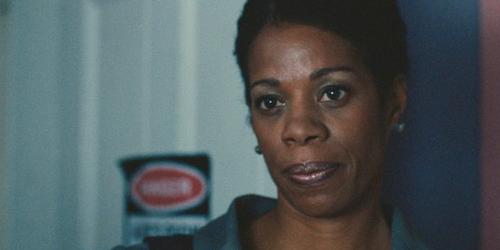
Dee Rees explores a lot of emotional milestones (first kiss, first love, heartbreak, etc.) and while few of us have walked in Alike’s shoes we all, at some time in our lives, have probably experienced something similar growing up. It’s those tangible moments in which Dee Rees delivers so intimately and candidly that make her story feel very genuine. Rock solid performances and faulty but endearing characters bring Pariah’s engaging short story roots to full vigor on the screen. There are lots of ways to draw hope and courage from events in life that are none the less devastating and Pariah shows us that is it possible to get back up from any blows life gives us.
G-S-T RULING:
At first glance this story seems very esoteric but it’s revealed to contain universal themes left and right. The idea of being OK with yourself and who you are is always a positive message and Pariah says it very beautifully and poetically. Following Alike across her character arc, though half fact based and half fictional, it still comes across as 100% inspirational. In one of the final lines Alike reveals, through a poem, how her harsh emotional ride has not broken her, only broke her open. And while she makes her transformation into the person she’s been all along she reminds us that she’s not running, she’s “choosing” and urges us to do the same with whatever personal battle we’re facing.
